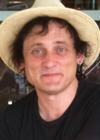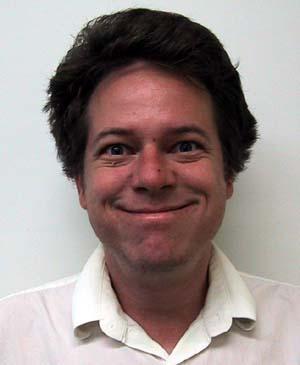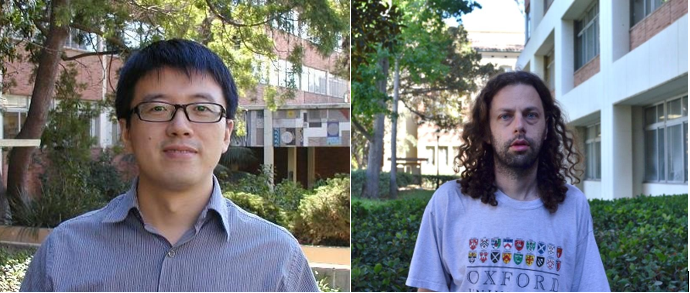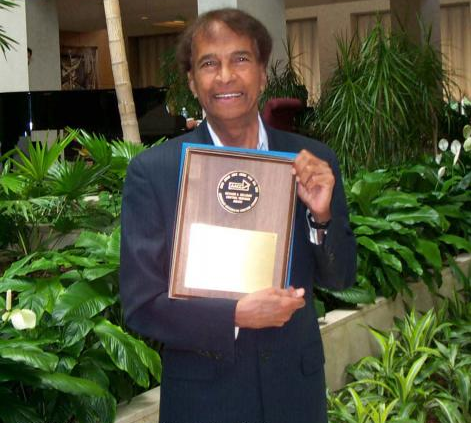Professor Greg Hjorth died of a heart attack in his birth city of Melbourne, Australia, on Jan. 13. He was 47. Hjorth was recognized as a young chess whiz in his primary school years. He quickly advanced to tournament chess, becoming joint Commonwealth Champion in 1983 and earning his International Master title in 1984. He played Garry Kasparov, among other accomplished chess rivals, but took his own later advice that “if you’re not in the top 100 by 21, get out.” Hjorth’s passion for chess played over to mathematical logic, a field that saw him reach great heights with high academic honors and wide recognition. After receiving his undergraduate degree in mathematics and philosophy at the University of Melbourne, Hjorth continued his studies at UC Berkeley, where he received his Ph.D. in mathematics under the supervision of Hugh Woodin in 1993. As a graduate student, Hjorth was recognized for his exceptional talent, and his brilliant thesis was awarded the first Sacks Prize in 1994 by the Association for Symbolic Logic for his research in descriptive set theory and its surprising consequences concerning the relationship between projective sets and large cardinals. Hjorth pursued his postdoctoral studies at Caltech for two years then joined the mathematics faculty at UCLA in 1995, where he was made full professor in 2001. Since 2006, he spent two quarters of each year at the University of Melbourne appointed to a prestigious Australian Research Council professorial fellowship.
Over his 16 years at UCLA, Hjorth has been acknowledged as a world leader in the field of mathematical logic and its applications to other fields of mathematics. He has made a series of stunning and far-reaching contributions, in particular to ergodic theory and orbit equivalence of group actions. These included the development of entirely new theories, including what is now called Hjorth’s theory of turbulence, which has had a major impact on contemporary work in set theory and its applications. Hjorth was known as a brilliant problem solver, having been able to achieve major breakthroughs in problems that were previously considered intractable, including his remarkable work on the famous topological Vaught Conjecture and most recently, his results on the incomparability of treeable equivalence relations. His work consistently amazed his colleagues with its uncanny originality and technical wizardry and has been recognized by many honors, including a Sloan Foundation Fellowship in 1997, an invited lecture at the International Congress of Mathematicians in 1998, the ASL Karp Prize in 2003 (joint with Alexander Kechris), and last year, an invitation to deliver one of the major lecture series in logic, the Alfred Tarski Lectures at UC Berkeley. Hjorth supervised eight Ph.D. students at UCLA, including the 2008 UCLA Math Ph.D. Inessa Epstein, who also received the prestigious Sacks prize.
Hjorth will be richly remembered by fellow colleagues as a brilliant mathematician in constant pursuit of solutions to intractable problems, and as a committed and caring teacher. He is survived by his parents Noela and Robert, and his sister Larissa.




